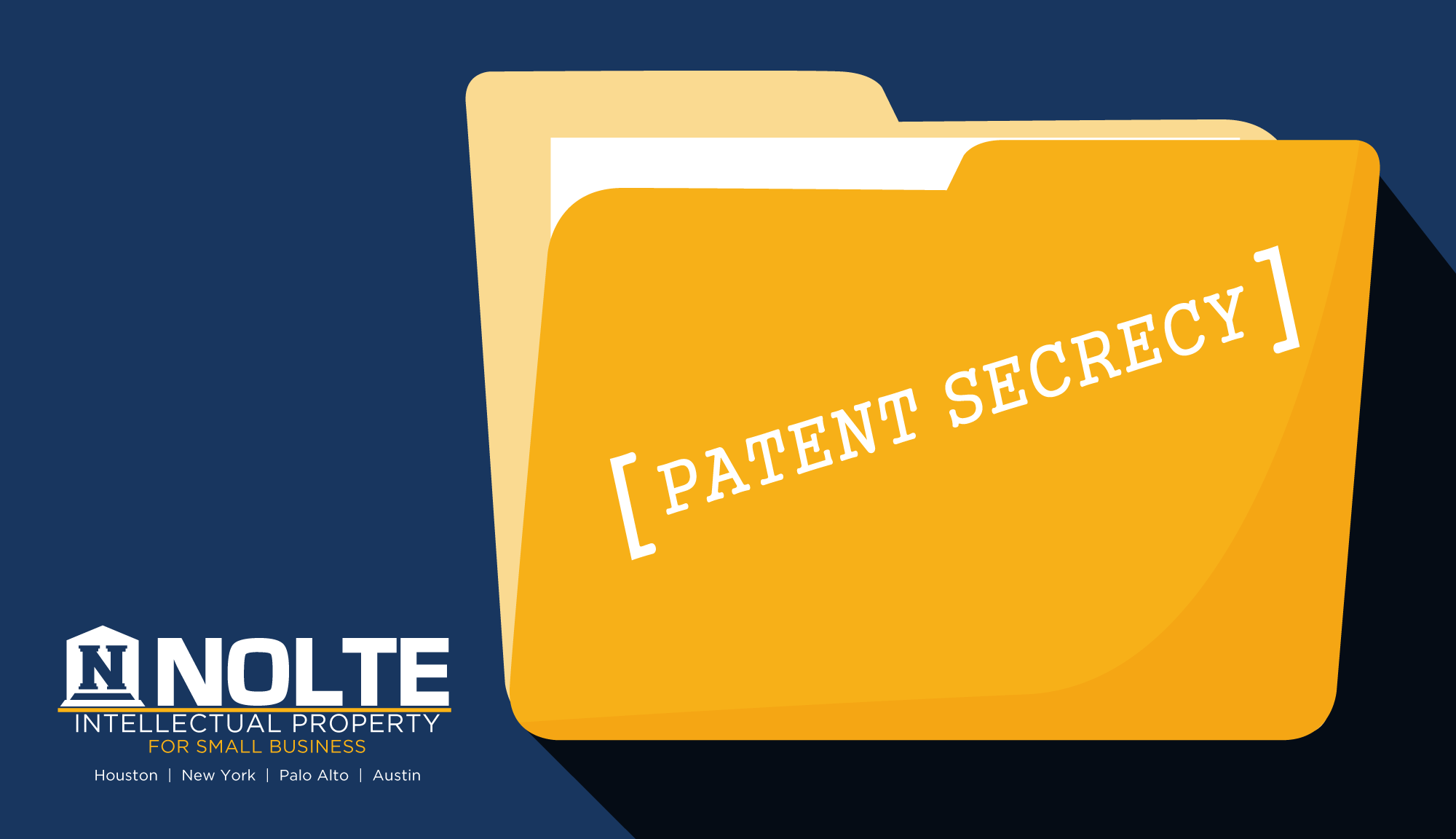Patent Secrecy
In some situations, the Commissioner of Patents may make a ruling that your application be kept a secret for a period of time.
When an invention that has a publication of an application or the grant of a patent, in which the Government has a property interest, because of the development of the invention was government funded the US Patent Office will notify the interested Government agency. The agency may decide the publication to be detrimental to the national security. If that happens the Commissioner of Patents may order that the invention be kept secret and will withhold the publication of an application or the grant of a patent.
Article List
Foreign Patents for Small Business
How Do You Spot a Good Patent?
What Does Patent Pending Mean?
Links
What if the government does not have a property right?
Even if the government does not have a property interest, the Commissioner of Patents may still deem that the publication could be detrimental to the national security. In that scenario the Commissioner of Patents will make the application available for inspection to the Atomic Energy Commission, the Secretary of Defense, and the chief officer of any other department or agency of the Government designated by the President as a defense agency to the United States.
An officer of each of those organizations then studies the application and signs a dated acknowledgment which is entered in the file of the application. If any of those officers gives an opinion that publication of the application or granting of the patent would be detrimental to the national security the Commissioner of Patents will order patent secrecy and will withhold the publication of the application or the grant of a patent for whatever time period the national interest requires, and the applicant is so notified.
The application is then maintained in a sealed condition.
The owner of an application which has been placed under a secrecy order, has the right to appeal the patent secrecy order to the Secretary of Commerce.

How long does patent secrecy last?
The order for secrecy is good for one year. If the Commissioner of Patents is notified by the department that deemed the order secrecy, that the order still needs to continue, then the Commissioner of Patents will renew the order.
An order in effect, or issued, during a time when the United States is at war, will remain in effect for the duration of hostilities and one year following cessation of hostilities. An order in effect, or issued, during a national emergency declared by the President remains in effect for the duration of the national emergency and six months thereafter.
If at any time the chief officers of the agencies who caused the order to be issued communicate to the Commissioner of Patents that the publication or grant of the invention is no longer deemed detrimental to the national security, the Commissioner may rescind the order.
An exclusive license may be granted by the patent owner to a licensee. The exclusive license prevents the patent owner (or any other party to whom the patent owner might wish to sell a license) from competing with the exclusive licensee, as to the geographic region, the length of time, and/or the field of use defined in the license agreement.
A license is not an assignment of the patent.
Contact Us
Home > Tier 2 > Top of Page